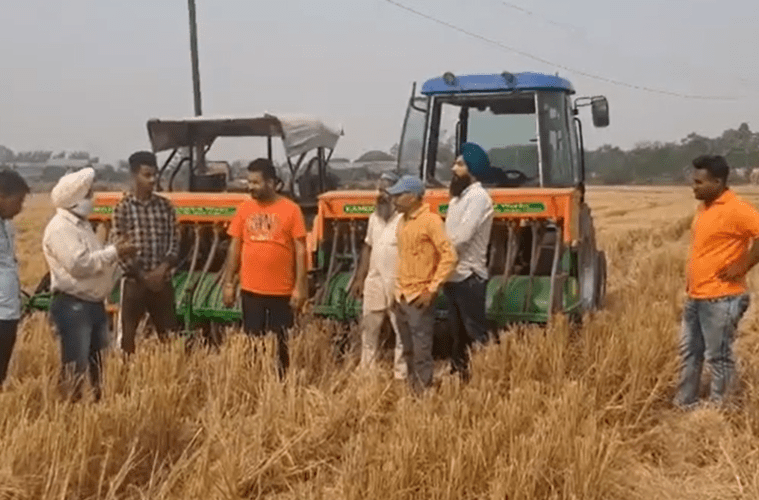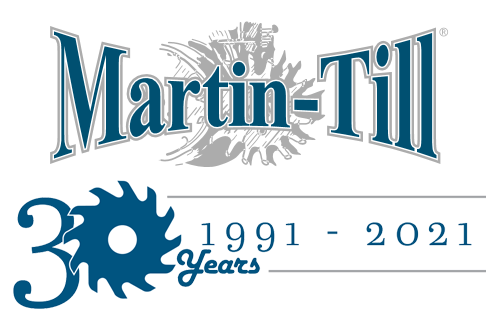No-tilling could be part of a larger solution to improve India’s air quality.
New Delhi, one of the world’s most polluted cities,closed schools, banned construction work and non-essential trucks, and urged people to work from homein November due to dangerous levels of air pollution.
Many news outlets blame agriculture for the poor air quality, especially farmers who set fire to rice stubble to prepare the paddy for wheat planting. But placing all the responsibility on farmers isn’t fair, says Malwinder Singh Malhi, a third-generation farmer in Punjab State in northern India.
Malhi says stubble burning only accounts for 4% of New Delhi’s air pollution, while the bigger polluters are factories, power generators, vehicles and even fireworks. As the city looks to clean up its air pollution problem, Malhi sees an opportunity for farmers to contribute to the solution and reap some benefits from changing their practices.
Switching to no-till is one such opportunity. Malhi has been no-tilling for several years, establishing his rice crop directly into the field, rather than transporting seedlings from a nursery. When the rice is ready to harvest, he uses an implement called the Happy Seeder that lifts and cuts the paddy straw and sows the wheat seed at the same time. The straw residue remains on the field, protecting and improving the soil. No-till saves Malhi time, fuel and labor costs. It also helps control weeds and keeps valuable nutrients in the soil for the next crop.
“This is the way forward for India and its farmers — encouragement and innovation, rather than spitefulness and restriction,” Malhi says. “I look forward to the day when Indians can enjoy cleaner air—and also a time when we regard farmers as partners who have a stake in helping us solve problems.”
Read Malhi’s commentary from Global Farmer Network here.Related Content:
No-Till Revolution Plays Out on 1-Acre India Farm: No-tilling in the U.S. often involves thousands of acres and a lot of complex decisions about seed, equipment and inputs. But for Raju Titus, simplicity is what made his farm profitable.
No-Tillers Proving Stubble Burning, Tillage Not Necessary: A Grains Research and Development Corporation stubble management project shows farmers that they don’t need to burn stubble — it can be managed.
Factors to Consider Before Baling or Burning Wheat Residue: While burning is inexpensive, and baling provides additional income, producers should understand the true value of leaving crop residue in the field.
The No-Till Passport series is brought to you by Martin Industries.
Since 1991, Martin Industries has designed, manufactured and sold leading agriculture equipment across the U.S. and Canada. Known for Martin-Till planter attachments, the company has expanded to include a five-step planting system, closing wheel systems, twisted drag chains, fertilizer openers and more in their lineup. Their durable and reliable planter attachments are making it possible for more and more farmers to plant into higher levels of residue.









Post a comment
Report Abusive Comment